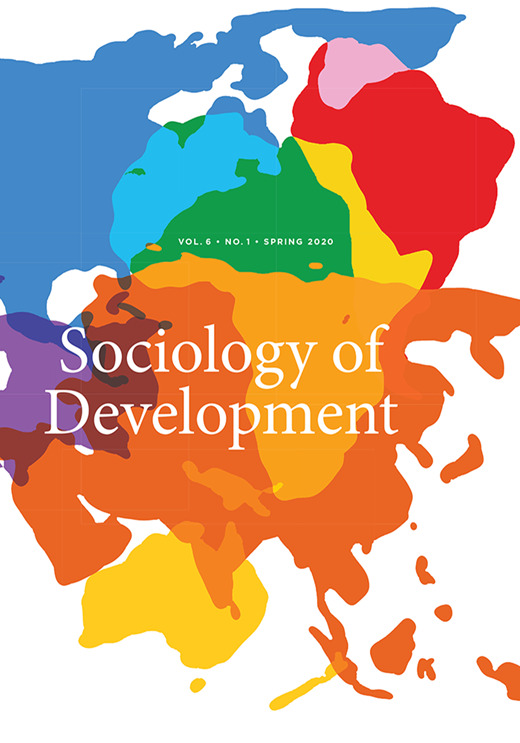Mining and Defensive Mobilization: Explaining Opposition to Extractive Industries in Chile
Item
Title
Mining and Defensive Mobilization: Explaining Opposition to Extractive Industries in Chile
Loyola Faculty Contributor
Maria Akchurin
List of Authors
Maria Akchurin
Abstract
Opposition to the social and environmental impacts of large-scale mining has become more visible in Chile since the early 1990s, yet not all mining projects catalyze mobilization. Building on the concept of defensive mobilization, I argue that opposition is more likely when a project is perceived as a threat to some members of a community. Using a data set of all major mining projects submitted for environmental licensing since environmental impact assessments were implemented in Chile, I identify the conditions under which mining projects lead to opposition. The results, based on binary logistic regression analysis, show that projects threatening agrarian and indigenous communities, where threats to existing water and land uses are especially salient, are more likely to be opposed. Community challenges are also more likely for projects majority-owned by international investors. About four out of every ten proposed projects have faced opposition, and only a handful of projects have ever been definitively rejected, even as projects that are found to violate regulations are increasingly fined and challenged in court as well as facing protests and public scrutiny.
Date
1-Mar-20
Publication Title
Sociology of Development
Publisher
University of California Press
Identifier
10.1525/sod.2020.6.1.1
Bibliographic Citation
Akchurin, Maria. 2020. "Mining and Defensive Mobilization: Explaining Opposition to Extractive Industries in Chile." Sociology of Development 6(1): 1-29.
https://doi.org/10.1525/sod.2020.6.1.1
https://doi.org/10.1525/sod.2020.6.1.1

